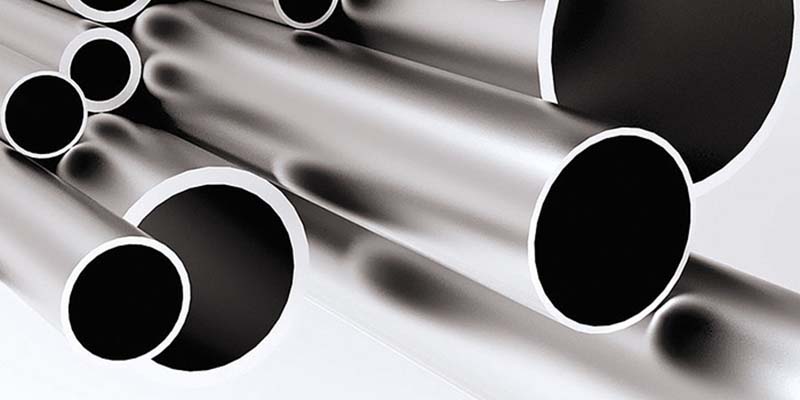Introduction:
Steel pipes are versatile and widely used materials that play a crucial role in various industries and applications. Known for their strength, durability, and versatility, steel pipes are essential components in infrastructure development, plumbing systems, transportation, and many other areas. In this article, we will explore the properties, types, and applications of steel pipes, highlighting their importance in different sectors.
Properties of Steel Pipes:
Steel pipes are primarily made from carbon steel, which exhibits excellent mechanical properties. Some of the key properties of steel pipes include:
Strength:
Steel pipes are known for their high tensile strength, making them capable of withstanding heavy loads and pressures.
Durability:
Steel pipes have exceptional durability and can withstand extreme temperatures, corrosive environments, and mechanical stress without significant degradation.
Resistance to Corrosion:
Many steel pipes are coated or galvanized to enhance their resistance to corrosion, extending their lifespan and ensuring reliable performance in various conditions.
Flexibility:
Steel pipes offer flexibility in terms of design and installation, allowing them to adapt to different shapes, angles, and configurations.
Cost-Effective:
Steel pipes provide a cost-effective solution due to their longevity, low maintenance requirements, and recyclability.
Types of Steel Pipes:
Steel pipes come in various types, each designed for specific applications. The most common types include:
Carbon Steel Pipes:
These pipes are primarily made from carbon steel and are widely used in plumbing systems, oil and gas pipelines, and structural applications.
Stainless Steel Pipes:
Known for their corrosion resistance, stainless steel pipes are used in applications requiring high hygiene standards, such as food and beverage processing, pharmaceuticals, and water supply systems.
Alloy Steel Pipes:
These pipes are made from a combination of steel and other elements, such as chromium, nickel, or molybdenum, to enhance specific properties such as strength, heat resistance, or corrosion resistance. They are commonly used in industries like oil and gas, power generation, and petrochemicals.
Galvanized Steel Pipes:
Galvanized steel pipes are coated with a layer of zinc to protect against corrosion. They are widely used in outdoor and plumbing applications.
Seamless Steel Pipes:
Seamless pipes are manufactured without any welding seam, providing a smooth interior surface, high strength, and enhanced resistance to pressure. They are commonly used in high-pressure applications, such as oil and gas pipelines.
Applications of Steel Pipes:
Steel pipes find applications in a wide range of industries and sectors, including:
Infrastructure Development:
Steel pipes are extensively used in construction projects for building structures, bridges, and underground utility systems like water and sewer pipelines.
Plumbing Systems:
Steel pipes are essential components in plumbing systems for residential, commercial, and industrial buildings, ensuring the reliable supply of water and gas.
Oil and Gas Industry:
Steel pipes are crucial for transporting oil, gas, and other fluids over long distances, connecting extraction sites to refineries and distribution networks.
Transportation:
Steel pipes are used in various transportation sectors, including automotive, aviation, and rail, for applications such as exhaust systems, chassis, and hydraulic lines.
Energy Sector:
Steel pipes are employed in power plants, nuclear facilities, and renewable energy projects for applications like steam and water supply, heat exchangers, and cooling systems.
Manufacturing and Processing:
Steel pipes are used in manufacturing industries for material handling, conveying fluids and gases, and process piping in industries such as chemicals, pharmaceuticals, and food processing.
Infrastructure Utilities:
Steel pipes play a vital role in infrastructure utilities like water supply systems, sewage and wastewater treatment plants, irrigation systems, and stormwater management.
In conclusion, steel pipes are versatile and essential materials used in numerous industries
Looking for the latest steel pipe price list? Look no further! Our comprehensive steel pipe price list provides up-to-date information on pricing for different types, sizes, and specifications of steel pipes. Whether you're working on a construction project or in need of plumbing materials, our price list will help you make informed decisions while considering your budget. Stay updated with the current market rates and find the best deals on steel pipes by referring to our reliable and transparent price list.





Comments